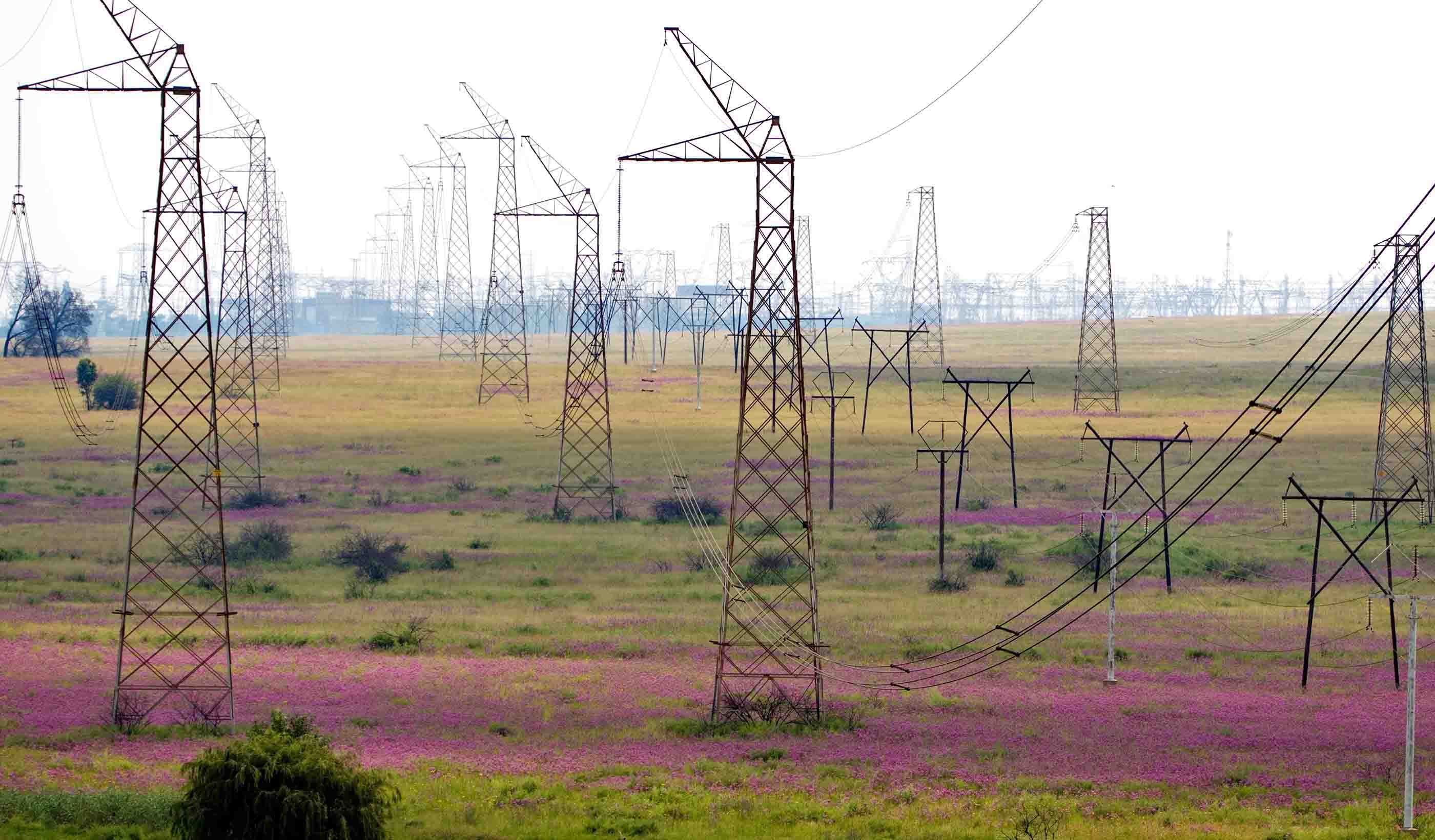A single electricity market can increase affordability and reliability in Africa
March 25, 2024
March 25, 2024
55 African Union Member States and 1.3 billion people can benefit from the AfSEM
Africa has a huge potential for renewable energy. But it also faces many challenges in providing reliable and affordable electricity to its people. To overcome these obstacles, the continent is working towards creating a single electricity market. That market will connect all 55 African Union (AU) Member States and serve a population of about 1.3 billion.
The African Single Electricity Market (AfSEM) is an ambitious project. It aims to harmonize the electricity sector across the continent and foster regional integration, trade, and cooperation. It is aligned with the United Nations’ Sustainable Development Goal (SDG) 7, which calls for universal access to clean energy by 2030. It’s also aligned with the AU’s Agenda 2063, which envisions a prosperous and sustainable Africa.
AfSEM will transform the electricity sector for Africa, creating more opportunities and benefits.
The idea of the AfSEM was born in 2017, when the AU adopted the Strategy for a Harmonized Electricity Market. The European Union’s Technical Assistance Facility (TAF) is supporting the project and it’s led by Stantec’s International Development team in Belgium. The team has been providing ongoing support to the AU Commission’s Department of Infrastructure and Energy, playing a key role in the design and realization of the AfSEM.
The AfSEM was launched in Addis Ababa, Ethiopia, on June 3, 2021. Its aim? To become one of the world’s largest electricity markets, covering a vast area of over 30 million square kilometers and connecting a diverse mix of renewable energy sources.
The project follows a phased approach. It starts with the organizing of policies, regulations, standards, and tariffs. This is followed by opening the market to competition at national, regional, and continental levels in the short to medium term. The goal is to establish an effective and transparent continental electricity market that will benefit consumers, producers, and the environment.

Creating a single electricity market that will connect all 55 African Union (AU) Member States and serve 1.3 billion people across the continent.
Our team has been at the forefront of providing technical assistance for energy projects in Africa. We’re excited to help the continent achieve its energy transition and integration goals. Drawing from that experience in the energy sector, we have identified three key learnings that can be applied to the AfSEM project.
Our team has been working closely with the African Union Commission’s Department of Infrastructure and Energy, the African Union Development Agency, and the African Energy Commission. This collaboration started via the EU’s Global Technical Assistance Facility for Sustainable Energy and its predecessor, the Technical Assistance Facilities for the Sustainable Energy for All (SE4ALL) Initiative. It continues with other initiatives and specific contracts. Apart from the interventions at continental level, we have been collaborating with various regional and national agencies and multilateral institutions, such as the African Development Bank, the Ecowas Regional Electricity Regulatory Authority, and the General Directorate of Energy (DGE) of the Ministry of Oil, Energy and the National Regulatory Authority of the Electricity Sector in Côte D’Ivoire (via ENERGOS project), among others.
As we pursue effective problem-solving, it is crucial to recognize the value of both top-down and bottom-up approaches. The top-down approach provides a strategic overview and sets the direction. However, it may overlook the nuances and realities at the ground level. The bottom-up approach, which is rooted in the practicalities of the situation, can offer valuable insights and innovative solutions that may not be apparent from a higher level. Therefore, a balanced combination of these approaches, where strategic direction from the top is complemented by insights from the bottom, can lead to better outcomes. Through these engagements, we have gained a deep understanding of the needs, challenges, and opportunities of the different stakeholders involved in the energy sector in Africa.
Our professionals have helped develop a range of strategies, action plans, roadmaps, and guidelines to optimize the electricity sector in Africa. These include the harmonized electricity market strategy and roadmap, guidelines for microgrids and transmission tariffs, strategies for energy efficiency, and a post-COVID-19 recovery plan. These solutions are tailored to the specific context and objectives of each region and country. And they consider the diverse energy resources, infrastructure, regulations, and markets.
We are proud that Stantec has delivered high-quality and impactful results that have helped advance the energy sector in Africa. Many of our outputs have been adopted by the AU Summit and have informed the design and implementation of the AfSEM.
Our approach is rooted in meticulous data scrutiny, effective team dynamics, and a steadfast dedication to involving all relevant parties. The deployment of our expert team ensures that the wisdom gleaned from significant past initiatives enhances our current projects. We promote an ethos of ongoing advancement and refinement.
Working with clients reflects our commitment to fostering policies and regulations that are widely supported and comprehensive. We emphasize shared decision-making and collective ownership. Our ability to adapt and manage resources effectively prepares us to address the intricate challenges of Africa’s energy landscape.
Video by the European Union for the launch of AfSEM.
The AfSEM aligns with the goals and principles of the African Continental Free Trade Area. The AfSEM aims to enhance electricity trade, reduce the cost of electricity production and consumption, increase access to electricity for millions, and boost the use of renewable energy sources. Here are some of the key benefits of the AfSEM.
We are excited to help the AU achieve its vision of a unified African electricity market. It can enhance energy access, security, affordability, and sustainability. Our team is ready to support the future with technical assistance, capacity building, and knowledge sharing. Africa is full of renewable energy potential. The right approach can help promote regional cooperation and foster socio-economic development.